Textile-dyeing – Flexible Packaging 04-08-2022 - Arhive
Textile-dyeing – Flexible Packaging
Crude Oil Prices Trend
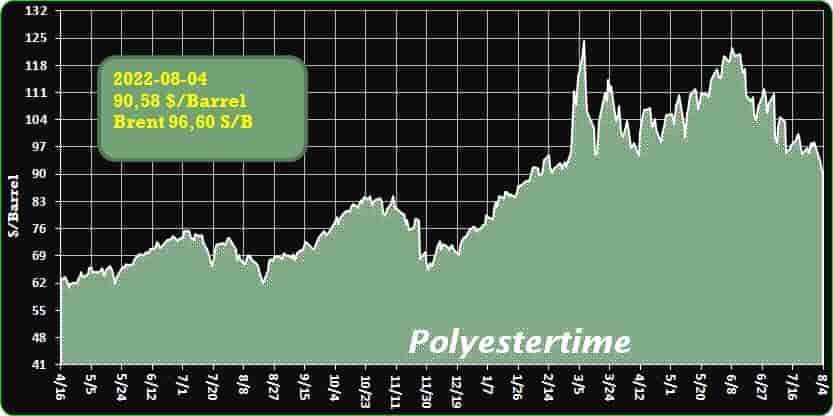
-Textile dyeing innovator NTX™ raises US$200 million
Textile dyeing innovator, NTX™, announces the completion of nearly 200 million US dollars in a C2 round led by Centurium Capital, with additional contributions from existing shareholder NRL Capital. Index Capital was the sole financial advisor. The cash will be utilized to fulfill the fast increasing demand of the expanding client base.
After successfully becoming a favored supplier to large multinational companies such as Adidas, the money was secured. The firm also showcased the continuous growth of its textile production ecosystem, which was built around the waterless colouring technology NTX™ Cooltrans™. Textile-dyeing – Flexible Packaging
Gary Liu, Managing Director of Centurium Capital, said that NTX™ introduced innovative dyeing technology to the global textile supply chain, successfully addressing conventional textile manufacturing’s long-standing pain points of high water and energy consumption, as well as pollution. Furthermore, NTX brings substantial value to the industry by assisting in the improvement of production efficiency and service capabilities. They look forward to long-term cooperation with NTX to make good contributions to the sustainable growth of the global textile supply chain, with ESG as an intrinsic component of their ‘invest to change’ investment philosophy.
NTX™ has transformed the textile industry by launching NTX™ Cooltrans™, a revolutionary waterless dyeing and printing method that saves up to 90% of water while also reducing energy consumption and almost eliminating water waste. Using NTX™ Cooltrans™ as a basis, the firm has built a Southeast Asia-based ecosystem of textile processing factories to become the next-generation sustainable eco-friendly supply chain partner for some of the world’s largest fashion and clothing companies. Textile-dyeing – Flexible Packaging
NTX™ serves as a full-service provider of environmentally friendly textile processing solutions by implementing best practices, technical competence, staff training, raw material procurement, and market possibilities across its ecosystem.
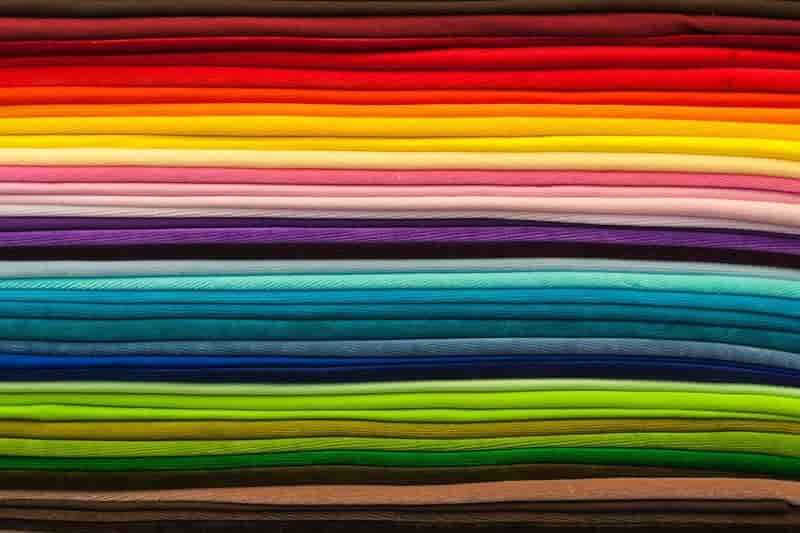
-Achieving sustainability goals with plastics
If plastic packaging were to be completely dispensed with in the food sector, CO2 emissions would be 2.7 times higher. The longer shelf life of food packed in plastic saves more CO2 than the production of the packaging. Facts like this are surprising only at first glance. Textile-dyeing – Flexible Packaging
In the public debate about plastics, differentiation is seldom made. Pictures of rubbish heaps are highly emotive. If you look closer, though, it turns out that plastic waste is a solvable problem. And that the use of plastic packaging can actually help reduce CO2 emissions. This is because the preferred alternatives cause more CO2 emissions during manufacture and transport.
More sustainability with plastic packaging
Many fresh foods such as vegetables and meat are now packed in plastic. A clear improvement in hygiene for consumers. But it also boosts sustainability, because packaged food has a longer shelf life. If you consider the longer shelf life, the CO2 emissions in the manufacture of film packaging are significantly lower than the CO2 emissions that would result from the production of a correspondingly larger amount of food.
Alternative materials increase CO2 emissions
Here is another concrete example. Due to the lower melting point and the smaller amount of material, PET bottles can be produced with much less energy than glass bottles, for example. PET bottles can be moulded from granules at a temperature of around 260°C. Temperatures of more than 1,300°C are required for melting and forming glass. More energy consumption means higher CO2 emissions. Thanks to their low weight, PET bottles also save energy during transport to the bottler and retail outlets and thus generate less CO2.
PET is ideally suited for a material cycle
Plastics such as PET are also highly recyclable, thus further improving their environmental footprint. Compared to a 0.5-litre lemonade bottle made from recycled PET, the climate effect of a single-use glass bottle is 342% higher. And even as reusable packaging, a glass bottle performs significantly worse than a bottle made of recycled PET. The most sustainable solution is the reusable PET bottle. Textile-dyeing – Flexible Packaging
Once the drinks bottles have been collected and melted, they are recycled into new drinks bottles. Thanks to the established deposit system, the recycling rate of PET in Germany is now 94%. In emerging markets, the rate is significantly lower – one of the reasons for the images of piles of rubbish on roadsides, beaches or in the sea. Collecting systems are the solution to the problem. When PET is given a value as a secondary raw material, it is no longer disposed of in the wild, but collected and recycled.
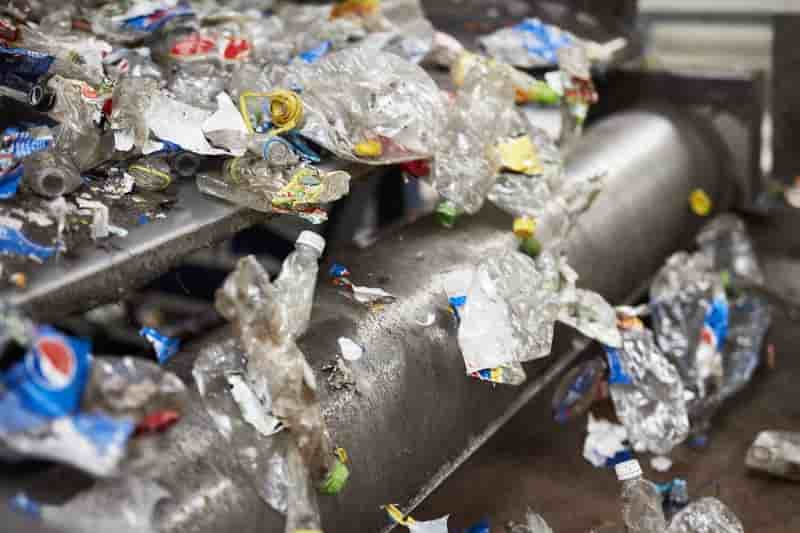
–Sweden’s Trelleborg Makes Billion-Dollar Bid to Acquire Minnesota Rubber and Plastics
Swedish engineering firm Trelleborg AB has agreed to acquire Minnesota Rubber and Plastics from private equity firm KKR & Co Inc. for about $1 billion in cash, according to people familiar with the matter, Reuters reported today.
The deal is expected to expand Trelleborg’s polymer and plastics business in North America when it closes before the end of this year, sources told Reuters.
Headquartered in Minneapolis, Minnesota Rubber and Plastics supplies engineered elastomers and thermoplastics to the medical, water, and industrial end markets. The company operates manufacturing facilities in the United States, China, and Mexico
It expanded its manufacturing footprint to Europe when it bought Primasil Silicones in May of this year. A custom silicone rubber compounder, mixer, and manufacturer specializing in the medical, HVAC, and specialty industrial end markets, Primasil has facilities in Weobley, UK, and Mikulov, Czech Republic. Textile-dyeing – Flexible Packaging
In 2021, Minnesota Rubber and Plastics bought Pawling Engineered Products Inc., a 75-year-old company based in Pawling, NY, that provides custom elastomeric inflatable seal and extrusion services.
KKR acquired Minnesota Rubber and Plastics from private equity firm Norwest Equity Partners for an undisclosed amount in 2018.
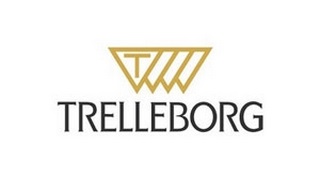
-Breaking News in Flexible Packaging
Biopolymer nanocomposite can monitor packaged food freshness, SunDance’s compostable paper pouch, Dow deals in China, coffee pouches recycled, Constantia Flexibles debuts new products.
If you’re interested in an informative and fast read on the subject of flexible packaging, this is for you — an all-in-one location for a steady stream of curated news and developments in this dynamic market. Textile-dyeing – Flexible Packaging
You’ll find regularly updated news and developments in the ever-widening world of applications for pouches, bags, films, and other types of flexible packaging sourced from supplier breakthroughs, brand launches, and other advances of interest. The content is selected from Tweets by stakeholders in the flexible packaging supply chain supplemented by content drawn from the Twitter feeds of sister publications Packaging Digest and PlasticsToday. Return to this page to quickly scroll through to see what you’ve missed.
New biodegradable biopolymer nanocomposite can monitor packaged food freshness.
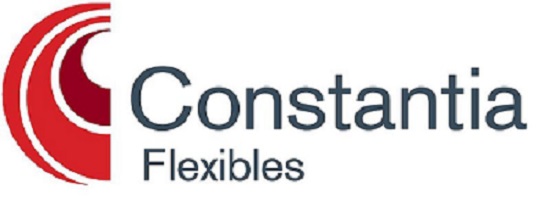
-Russian Aggression Could Cause Supply Chains to Collapse, Cautions Covestro
If gas supplies in Germany are rationed later this year, Covestro may have to shut down some production facilities, which would have a ripple effect on downstream sectors.
Russia’s war in Ukraine will have increasingly dire global consequences and could cause supply chains between the chemicals industry and downstream sectors to collapse, said Covestro in a statement on its Q2 performance published today. The cautionary note was in stark contrast to what the company said was a solid second quarter that saw group sales rise 18.9% compared with Q2 2021.
“We can look back at what was overall a solid second quarter, and we even slightly surpassed our EBITDA forecast,” said CEO Markus Steilemann in a prepared statement. “Nevertheless, we are looking ahead to an increasingly challenging second half of the year.” Textile-dyeing – Flexible Packaging
Germany, where Covestro has its headquarters in Leverkusen, relies heavily on Russian gas, which accounted for roughly 32% of German supply in 2021, according to ICIS. That flow is in jeopardy, as Russian President Vladimir Putin has threatened to throttle gas supply to Germany and other EU countries in response to Western sanctions. That is already happening to some extent. The Nordstream pipeline, through which Russian gas flows into Germany, is currently operating at only 20% of capacity. A faulty turbine that was shipped to Canada for repair is blamed for the cutback by Russia’s Gazprom.
“The Russian war against Ukraine has fundamentally changed the geopolitical situation and caused extensive consequences for the global economy,” said Covestro in its statement. “The group, therefore, expects continued impacts on global supply chains, very high energy price levels, high inflation, and weaker growth in the global economy.” In line with that prognosis, Covestro adjusted downward its outlook for the current fiscal year.
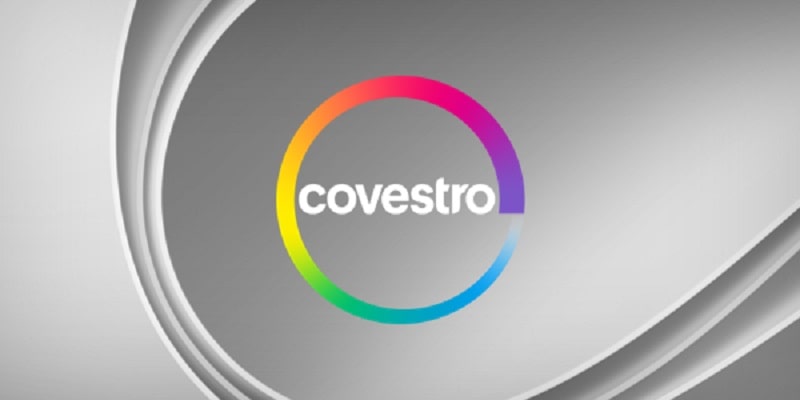
Maire Tecnimont announced that its subsidiary NextChem has been awarded a Front-End Engineering Design (FEED) contract by a market leader in plastics and chemicals for an advanced mechanical recycling plant of municipal plastic waste in Europe, said Hydrocarbonprocessing.
The aim of the project is to establish an advanced mechanical recycling plant for polyolefins, which shall manufacture products containing up to 100% post-consumer recycled materials (PCR). The waste processing capacity of the plant will be up to 75,000 tpy. Textile-dyeing – Flexible Packaging
NextChem will be responsible for the Front-End Engineering Design, also assisting the client in the development of the execution phase. Completion of the FEED is expected by mid-2023. Once completed, the plant will be one of the largest advanced mechanical recycling facilities worldwide.
Alessandro Bernini, Chief Executive Officer of Maire Tecnimont Group and NextChem, commented “Enabling leading producers to include in their product portfolio partially or completely recycled polymers is one of the most effective ways to give plastics a sustainable life cycle, reducing both consumption of fossil sources and the carbon footprint. This new recycling plant will also integrate NextChem’s knowhow and technology solutions, in order to convert waste sources into new second-life products. We are proud to enable this solution thanks to our technological know-how”.
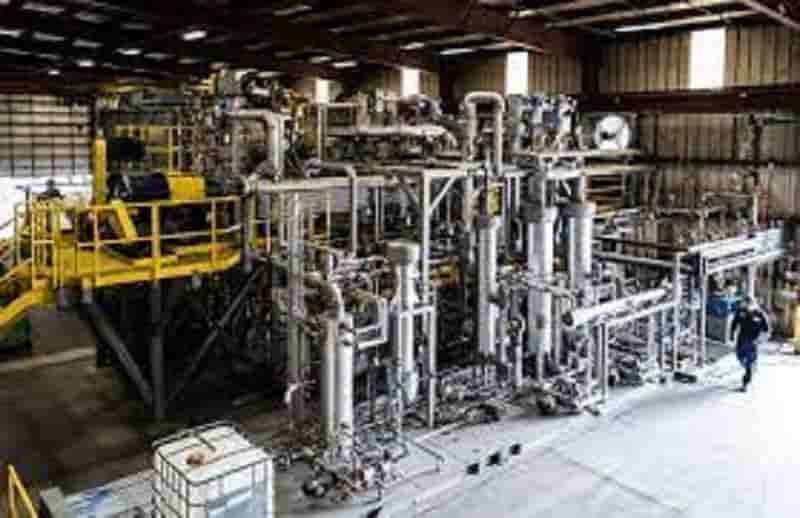
-PET thermoformed container recycling program rewards participants in Texas city
The pilot program, with locations at four Sam’s Clubs in El Paso, Texas, gives consumers cash incentives for recycling PET thermoformed containers.
A recycling pilot program at four Sam’s Club locations in El Paso, Texas, is giving consumers cash incentives to recycle polyethylene terephthalate (PET) thermoformed containers. The program was created by Austin-based Texan by Nature and Houston-based Texans for Clean Water and is made possible with the assistance of project partners and local El Paso community organizations. According to the Texan by Nature website, the program aims to collect 110,000 pounds of No. 1 PET plastics from July 6, 2022 to January 2023. Textile-dyeing – Flexible Packaging
Karina Araujo, marketing manager of Texan by Nature, tells Recycling Today that PET thermoformed containers were chosen because of their low rate of recycling compared with PET bottles. Araujo says PET thermoforms often flow into a mixed plastics bale at material recovery facilities without optical sorting capabilities, after which they may end up in landfills. PET thermoformed items include plastic clamshells used for produce, trays, tubs, clear egg cartons, lids and cups.
The pilot is similar to beverage container deposit programs that provide incentives for plastics recycling. In the 10 U.S. states offering deposit policies that provide 5 to 10 cents for containers returned for recycling, there is 50 percent less litter on roadways and 30 percent less litter in waterways, Araujo says.
“Pairing PET data with this information offers an opportunity to reduce landfill waste, reduce litter on roads and in waterways and possibly prove a circular model,” Araujo says.
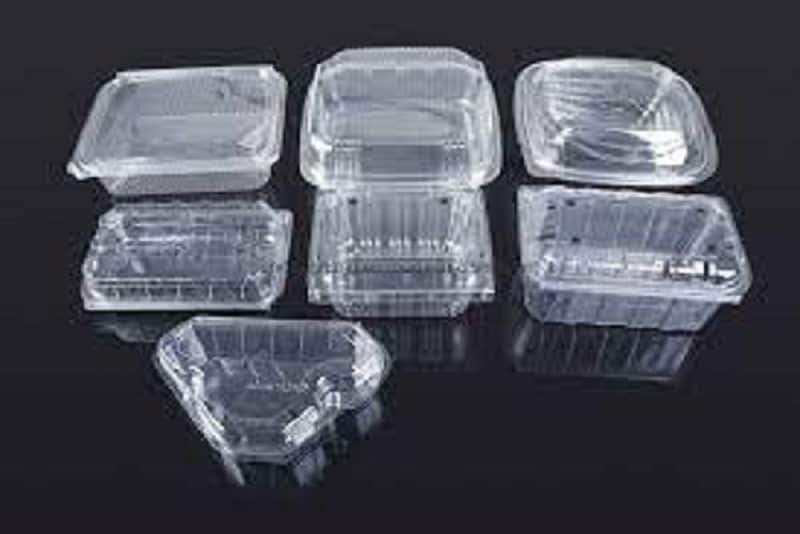
-Plastic Omnium takes full ownership of HBPO
- Acquisition of the remaining 33.33% of HBPO shares from Hella
- HBPO, world leader in automotive front-end modules, with strong growth potential driven by the electrification of automotive markets and an innate ability to innovate
- Full ownership to accelerate HBPO’s growth and exploit full synergy potential with Group’s portfolio
Plastic Omnium signed an agreement to purchase Hella’s remaining 33.33% stake in HBPO GmbH, giving it full ownership of the world leader in complex automotive front-end modules. Textile-dyeing – Flexible Packaging
This acquisition was signed for an Equity value of €290 million1, fully financed from the Group’s own resources.
The transaction is subject to regulatory approval, expected in Q4 2022.
Plastic Omnium will own 100% of HBPO and will be well positioned to develop new modules and systems taking advantage of the new lighting capabilities, in line with the transformation of the market and the customer expectations.
HBPO was founded in 2004 as a joint venture between Plastic Omnium, Hella and Behr. Plastic Omnium has held the majority of shares in HBPO since 2018 when it increased its stake to 66.66% of the share capital from the 33.33% it initially held. Since this date, HBPO has been fully consolidated by Plastic Omnium.
Plastic Omnium’s acquisition of the remaining shares in HBPO supports its strategy to increase the value-added content per vehicle, while leveraging the growing demand for electric vehicles.
The acquisition of the remaining shares will unlock development opportunities and further reinforce Plastic Omnium’s proximity with premium and German OEMs. HBPO headquarters will remain in Lippstadt, where management is located.
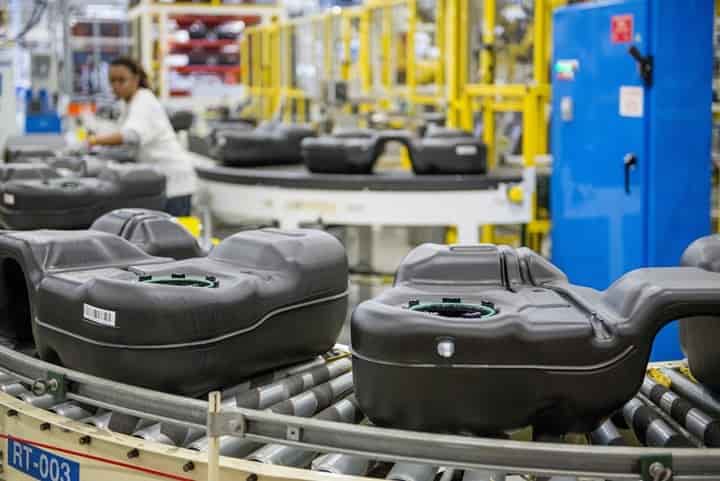
Textile-dyeing – Flexible PackagingTextile-dyeing – Flexible Packaging
